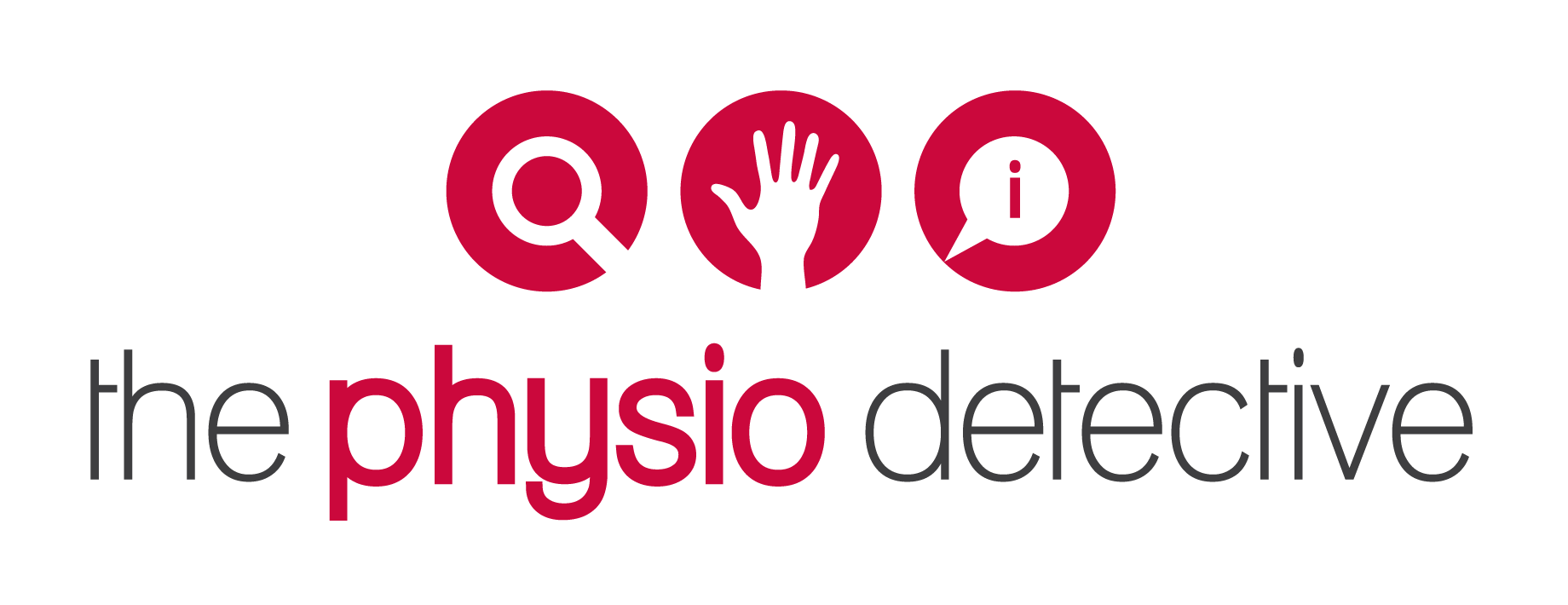Contact Information – Facebook, Twitter, LinkedIn, Website
If you love social media like I do, them "Friend" me, "Like" my pages, "Follow" me, "Join my network", and visit my website.
Don't forget to subscribe via email to my newsletter and follow the blog by email 🙂
I look forward to seeing you out there in cyberspace!
I love Facebook. I use it the most. I have my personal Facebook page <click here to see it> set as "public" so feel free to just "subscribe" to my feed. I usually only accept friend requests from people I personally know.
I have a Business Page on Facebook for my clinic (Penshurst Physiotherapy Centre). "Like" the page and interact with me there 🙂 <click here to see it>
I have also started an education business where I run courses and hope to have online content to purchase soon. It is called My PT Education and is for health professionals and the public. "Like" my page here
I am known as @physiodetective on Twitter. Follow me as I interact with other physios and health professionals and share interesting articles and resources as I come across them
If you like LinkedIn, then join my network there. I am happy to have you in my network, but please leave me a personalised message! Otherwise, your request may not be approved.
Penshurst Physiotherapy Centre has been running under my management since 2001. Find out more about the clinic, our staff and services at our website www.myphysios.com.au
If you would like to attend a course or request a course in your area, please go to the My PT Education website to register for a course or your interest. www.mypteducation.com





Hi Anthony
After reading your article I was wondering what you thought about David Berceli’s Trauma Release Therapy? Do you think that’s safe?
Hi Leonie. Which article of mine did you read please?
Also, I have no idea who David Berceli is so I can’t really comment.
Hi Antony
I am coming to Australia (from Canada) between December 26, 2017 – January 31, 2018.
I am a pelvic floor physiotherapist looking to meet with you and hopefully have the good fortune of taking one of your courses on exercise prescription for pelvic floor physiotherapists. I regretfully missed the most recent course you offered here in Toronto.
Any information you can provide me with regarding available courses being offered between those date by yourself or perhaps even Lori Fornier would be greatly appreciated.
Eagerly awaiting your reply
Thank you
Regards
Christina Dzieduszycki
Hi Antony
I am a physiotherapist specialising in Women’s Health in Newcastle Australia. I heard you speak at the ASA conference last year and loved your talk re athletes and the pelvic floor. I am currently completing my masters in Women’s Health at Curtin. I’d be very interested in your course about the female athlete and would definitely to keen to host a course up here in Newy.
Loved your piece on releasing the Illio/psoas! I am a Licensed Massage Therapist in Seattle, WA, USA. I call myself a pain free therapist, because I don’t believe soft tissue manipulation should be painful.
I was blessed to go to a private school where I was taught how to use palpation to find abdominal organs. If and when I decide to do psoas or illio work, I ask MANY QUESTIONS, including about their ovulation cycle if female, their appendix history, if any, and even their bathroom habits. I explain how abdominal work is “sacred body work” and you have to be very cautious. If they have ANY PAST ISSUES IN THE ABDOMEN I RECOMMEND THEY SEE A DOCTOR FIRST.
It is so refreshing to hear an article stressing pain free cautious massage! Too many in my field suffer god complexes and go in without any good assasment!
On my table I try to educate my clients and use a scale: 1-10 (5 = perfect pressure/no pain, 6 = good pain that you can completely relax into , but 7 is a no-no. 7 is if you flinch, your toes curl a bit, it refers pressure, pain or any other sensation locally or to a different area or they’re ticklish. I explain that these are all “defense mechanisms of the muscle and nervous system and we want to respect the space and make an environment the muscles can release into.”
This scale has helped me to help many clients who have been hurt by deeper pressure in the past, gives them a safe place to relax and find treatment, educates them for someone else’s table and also helps get past natural defensive tension on may feel working with a LMT for the first few times also.
Again, thank you for sharing your friends past experience. Do hope she recovered back to 100%!
Hi renee. Thanks for your comment and concern. She is doing fine thanks.
Great to hear what you are doing.
With pain in general, I like what you are doing…I’d just add that some patients/clients like it a bit painful. When there isn’t internal organs involved, it’s not such a big deal.
I like the work of Diane Jacobs. She has a book called dermo neuro modulating. Worth it (no commission for the referral). Otherwise find her on Facebook!
Cheers!
Good day Antony,
I am currently working on a project in order to be an independent physiotherapist for two Crossfit gyms for women, starting in 2021. I am extremely interested in your Female Athlete course! I was wondering how different or similar are the practical and the online courses? Are they complements or redundant? Which one would you recommend most for my startup?
Thank you very much!
Hi Elyann!
I would say the courses are complementary.
The online version of the course has more technical content in it, more knowledge-based information in it. It is nearly 16hrs in total and contains topics I don’t cover in person anymore in the Level 1 course.
The Level 1 course has had a lot of the theory content stripped back – firstly because it was too overwhelming for people and they weren’t getting the key messages, but secondly to have a point of difference for the online and in-person courses. So the in-person course, I think, is more powerful as an experiential learning course. You don’t just get the information you need, you FEEL and challenge your beliefs and biases and do things you didn’t think were possible. Obviously the ability to gain immediate feedback and answers to your questions is also there.
Lastly, you may be interested in the mentoring program which helps people implement practical skills with creating change in your practice over time. Whilst not specifically focused on the female athlete, it works from the same framework.
All the courses and links to them can be found on the courses page on this website!
Cheers!